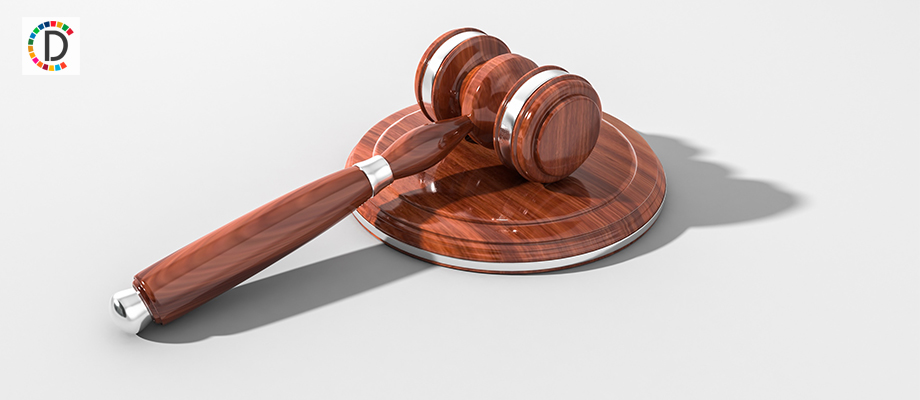Devaswom Board changes stance, backs entry of women in Sabarimala temple

Senior counsel Rakesh Dwivedi appearing for the Devaswom Board focused on constitutional morality, which he said was not subjective but founded on Article 14, 15, 17, 21 and Article 25, and subject to other fundamental rights. Pointing to human dignity, Dwivedi said: "Practices prevailing in our temples should be in conformity with the constitutional morality."
At this, Justice Indu Malhotra, who had delivered a dissenting judgment favouring non-interference with the prevailing practice, asked Dwivedi: "There's a change in stand of Devaswom Board. You had argued otherwise." "Now the Board has taken a decision to respect the judgment," Dwivedi replied.
Although the Devaswom Board on Wednesday stated for the first time its changed position before the court, earlier it had sought an explanation from the Tantri for closing the temple for a while to undertake its purification including the sanctum sanctorum after two women of the menstruating age had entered the temple and offered prayers. Earlier during the Wednesday's hearing, the Kerala government opposed the review petitions, saying that there was no need to review the judgment as unconstitutional practices could not be allowed to go on.
The state government's stand came with an assurance that "social peace would eventually prevail".
(This story has not been edited by Devdiscourse staff and is auto-generated from a syndicated feed.)
ALSO READ
Navi Mumbai police book five persons for duping Iranian date trader of Rs 4.3 crore
Allegations against persons who were allowed to escape law after joining BJP will be probed: Cong manifesto for LS polls.
Feud in IOA continues, 9 EC members ask "unauthorised persons" not to enter headquarters
Legislative amendments needed to expand jurisdiction of family courts: Justice Hima Kohli
Sportspersons to raise awareness among voters about importance of voting: Haryana CEO










